It should be noticed that in 2025, just like today, choosing the fastest laptop processor is no longer about speed. Gamers, professionals, and AI applications can expect everything to run smoothly on modern laptops. Since the technology keeps evolving rapidly, the market now has processors capable of achieving exceptional performance, efficiency, and multitasking prowess. Besides, with the increasing demand for AI-related tasks, customers need processors that can offer both raw power and intelligent computing.
Why Processor speed matters in 2025
Having a powerful laptop processor keeps graphics games running, speeds rendering, and makes applications available instantly. Also, professionals delivering 3D modeling, video editing, and machine learning require high performance to save some time as well. Add to that, gamers now are looking for processors that minimize latencies and have great FPS. Speed, efficiency, and thermal management are the three determining factors for the best CPUs of laptops in the year 2025.
Top Laptop Processors in 2025
1. Intel Core Ultra 9 285K
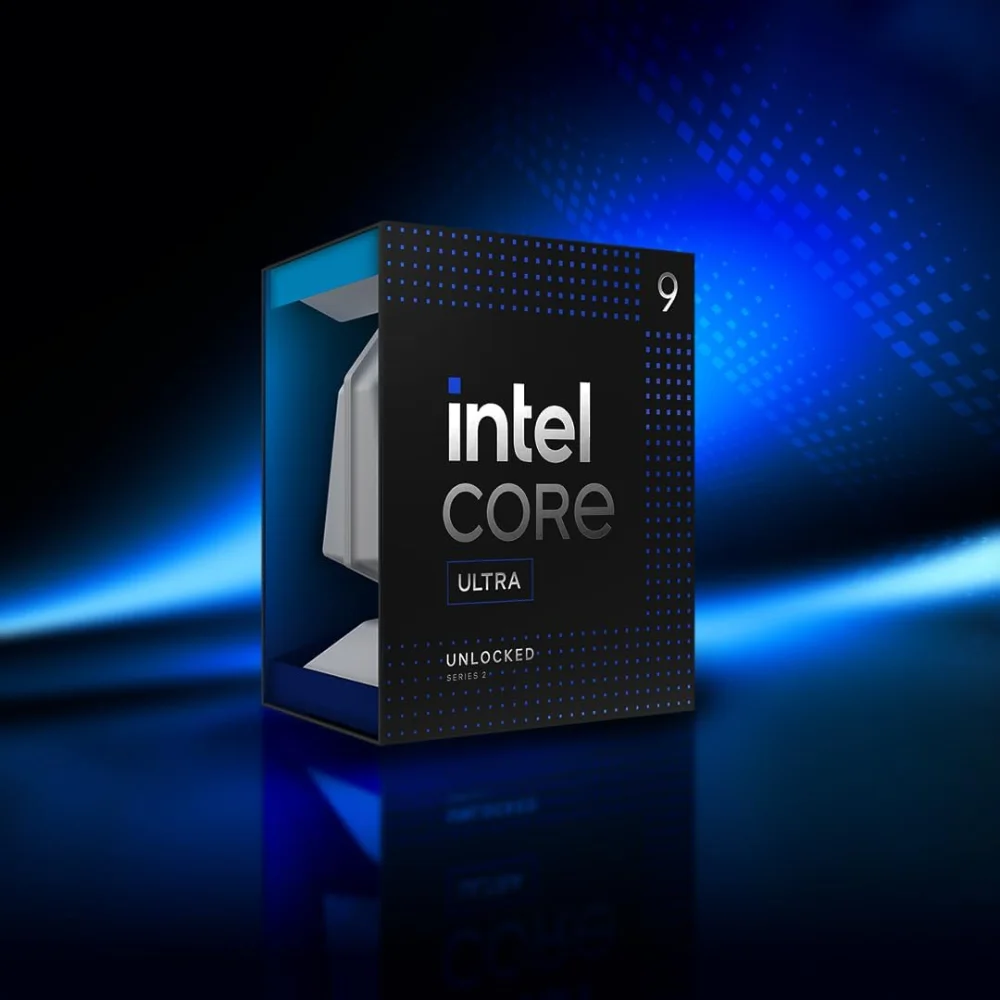
This new processor from Intel is quite a machine in itself when it comes to gaming and AI performance. The unmatched single-core speed ensures ultra-high FPS gaming, and the dedicated AI acceleration cores help to optimize neural tasks such as real-time translation and AI image rendering. Plus, this CPU powers even the highest-end laptops through improvements in battery efficiency with no overheating.
2. AMD Ryzen 9 9955HX
It is multi-core performance where AMD Ryzen 9 9955HX shines. To start with, it is perhaps the finest option among laptops for 4K video editing, 3D animation, and rendering. On top of that, its architecture offers longer sustained workloads under extremely heavy loads. Thus, professionals love it for laptops where productivity never stops working.
3. Apple M4 Max
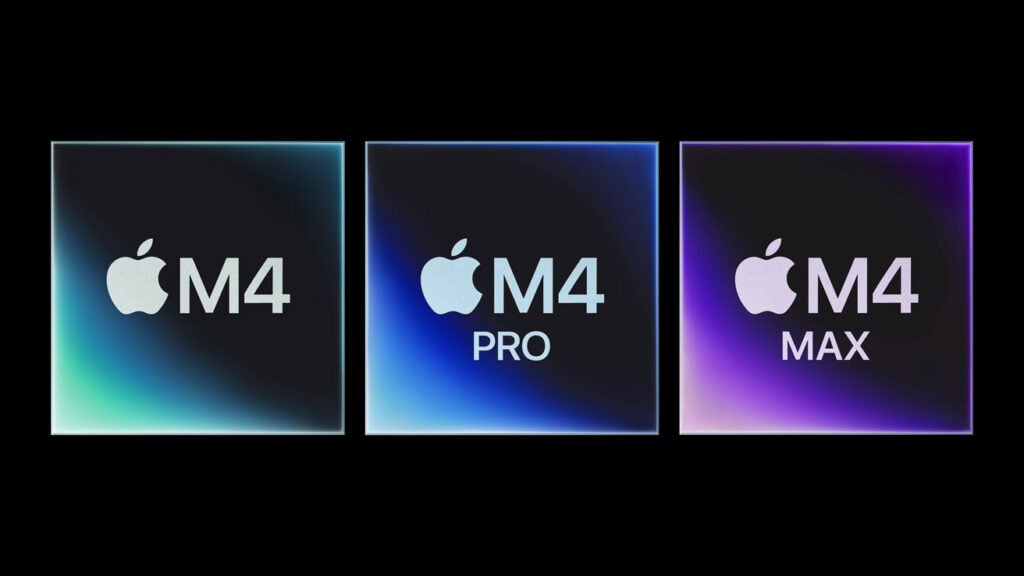
In MacBook Pro laptops, Apple’s M4 Max remains the unchallenged king. Not only does it provide superb AI acceleration, but it is also the most efficient in terms of resource use in the industry. Besides, the fact that the memory is unified means extremely fast workflow between applications. For this reason, the M4 Max is the top option for every designer, video editor, and AI developer in the Apple ecosystem.
4. Intel Core Ultra 7 265H
Intel has developed the new Core Ultra 7 265H, which perfectly fits mid-range laptops so that all consumers get the best performance without sacrificing cost. This is due to the first of its attributes: he can play games very well himself, and even make fast frame speeds as stable as possible. Second, multitasking can be very fast without getting restricted by work-related applications. Finally, the energy-efficient feature is appropriate for a student or worker on the go.
5. AMD Ryzen AI 9 9855HS
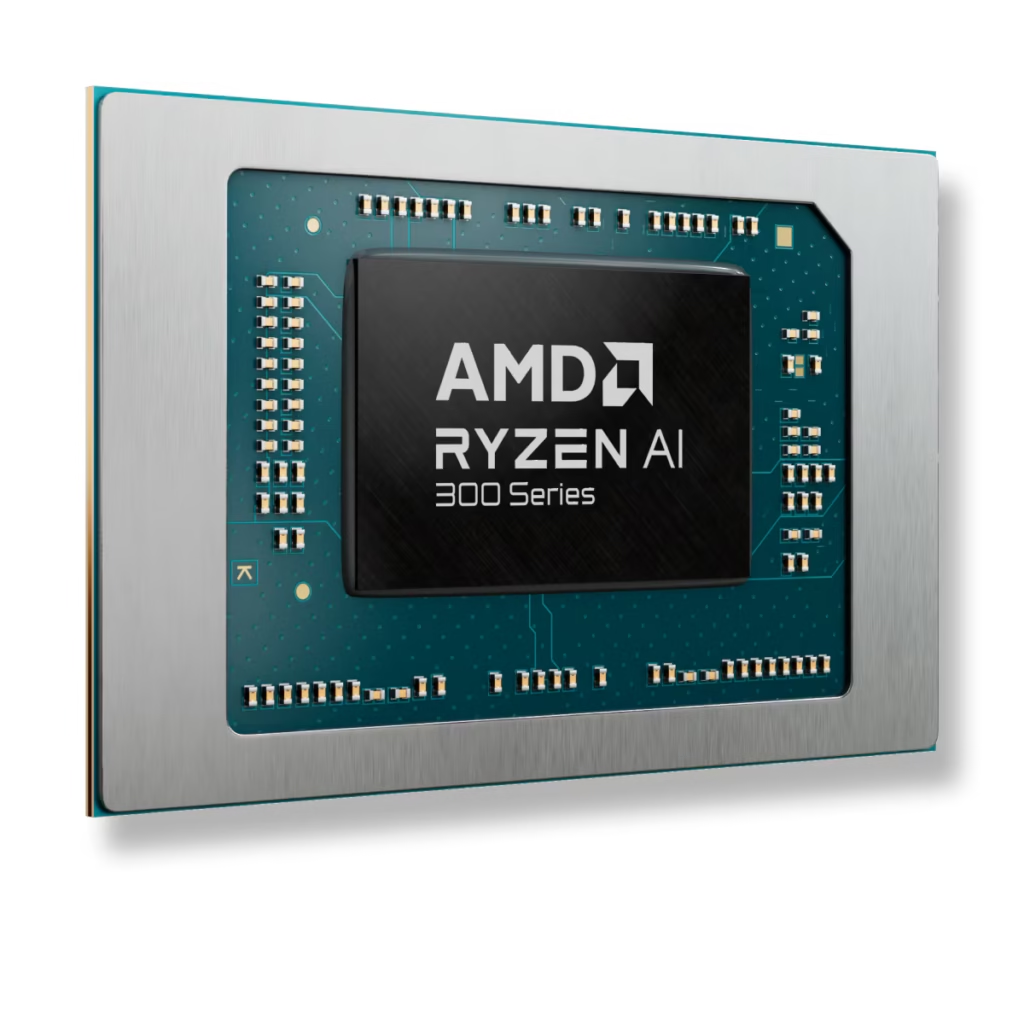
It is the very intelligently made processor of AMD focusing on artificial intelligence considering that it very well covers the ground of artificial intelligence as in machine learning jobs, programming, and automation. If you include that, it will support increased battery life through optimized AI power management. In the end, though, it is also very much future proof for those laptops catered towards AI and next-gen workloads.
Best Laptop Processor for Gaming in 2025
Among the players, the Intel Core Ultra 9 285K lives up to its name. The latter not only maximizes your FPS across all AAA titles but also does all that while permitting ray tracing and AI-enhanced graphics. Just to make it really interesting, there’s also competing hardware from AMD, the Ryzen 9 9955HX, meant primarily for users who opt to do both gaming and professional editing on a central device.
Best Laptop Processor for Work and Productivity
With multi-core tasks and being way better at workstation tasks where it handles virtualization, rendering, and multitasking with an iron grip, the obvious work processor winner is an AMD Ryzen 9 9955HX. Apple M4 Max, however, is the rig for productive professionals operating macOS-based creative apps.
Best Laptop Processor for AI and What Comes Next
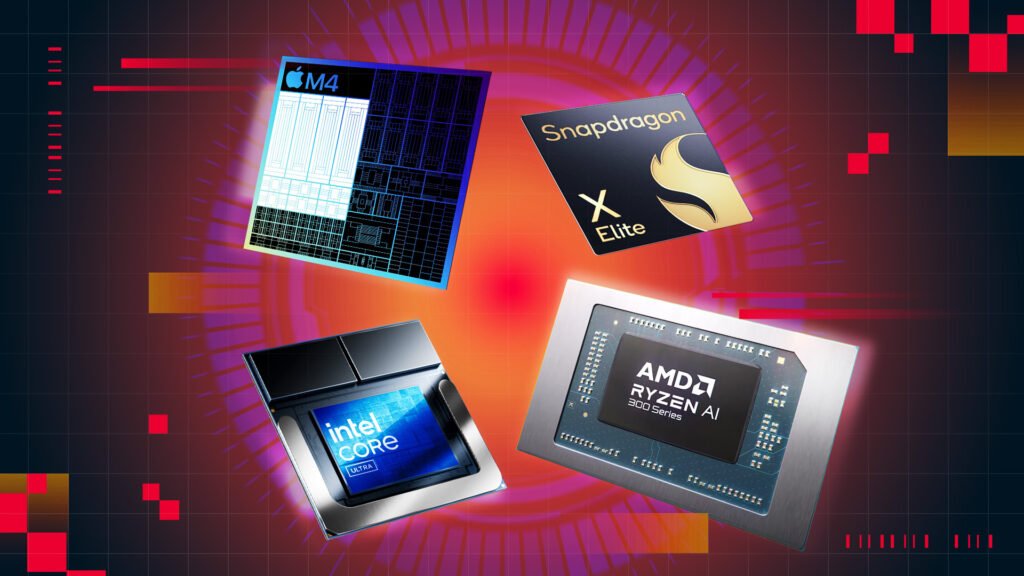
In AI-related jobs, the Apple M4 Max and the AMD Ryzen AI 9 9855HS reign supreme. Apple has the advantage in AI-enhanced creative workflows, while AMD has broader capabilities in machine learning and automation. Furthermore, Intel’s Ultra 9 series provide hybrid AI acceleration, qualifying for one as a real contender.
Conclusion
Come 2025; the world will witness laptop processors now manufactured not only for sheer power but with AI, gaming, and professional workloads in mind. While Intel takes the cake for gaming speed, cashing on high refresh rates, whilst AMD goes all in on multi-core power, Apple then defines the edges of AI and efficiency. So take your pick—it’s either for top gaming FPS, utmost speed of professional editing, or AI-enhanced innovation.



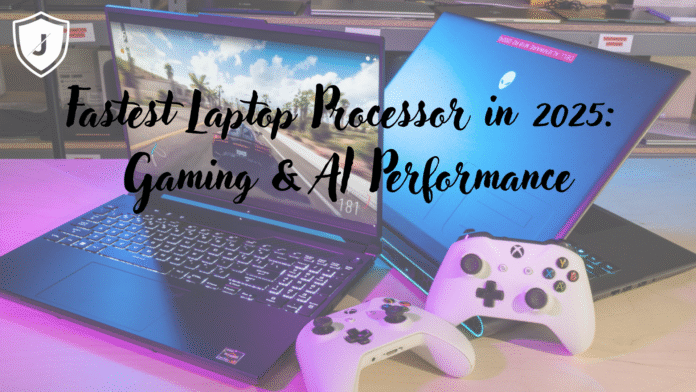
I just finished reading your article on Fastest Laptop Processors 2025: Best for Gaming & Work, and I have to say, it’s incredibly thorough! The way you’ve broken down each processor’s strengths and weaknesses for both gaming and professional workloads is really impressive. I especially appreciated the comparison tables—they made it so much easier to understand which CPU suits different needs. Your insights about energy efficiency and AI performance were eye-opening, too. I’ve been researching which laptop to upgrade to this year, and your post has definitely guided me in the right direction. Keep up the fantastic work—I’ll be checking back for more tech updates from Jazz Cyber Shield!
I likeBlog comment creation that you highlighted how the fastest laptop processor in 2025 isn’t just about raw speed anymore but also about efficiency and handling AI-driven workloads. It’s interesting to see how laptops are now optimized for creators and professionals who juggle gaming, work, and multitasking all on the same machine.
I like how you pointed out that speed aloneBlog comment creation isn’t the deciding factor anymore—efficiency and multitasking are just as important with today’s workloads. It’s especially true now that AI tools and creative software are so resource-heavy, making balance between power and battery life critical. I’d be curious to see how thermal management is keeping up with these leaps in performance, since that often makes or breaks the real-world experience.
I like how youBlog comment creation pointed out that the fastest processor isn’t just about raw speed anymore. With AI workloads, multitasking, and efficiency becoming so important, it feels like the real value now is in how well these CPUs balance power and battery life for different use cases. It’ll be interesting to see how laptop makers optimize around these new chips in the next year or two.
I like how you pointed out that the definition of the ‘fastest processor’ in 2025 isn’t just about raw clock speed anymore. With AI workloads and multitasking becoming more common, efficiency and optimization seem just as important as peak performance. It’ll be interesting to see how chip makers balance power demands with battery life as laptops continue to evolve.
It’s interesting that you highlighted how the definition of ‘fastest’ in 2025 goes beyond raw speed. Efficiency and multitasking really are the bigger deciding factors now, especially with AI workloads demanding so much balance between performance and power use. I’d be curious to see how laptop cooling solutions evolve alongside these processors since thermal limits often hold back real-world performance.
It’s interesting that you pointed out how the fastest laptop processor in 2025 isn’t just about raw speed anymore. With so much emphasis on efficiency and multitasking, I think battery optimization and thermal management are just as important for real-world performance. It’ll be exciting to see how these factors shape the next generation of laptops for both gamers and professionals.
Blog comment creationIt’s interesting how you point out that raw speed isn’t the only metric anymore — efficiency and multitasking have become just as important for gamers and professionals. I think the rise of AI workloads really highlights this shift, since those tasks demand both high performance and smart power management. It’ll be exciting to see how future laptop CPUs balance these factors even further.